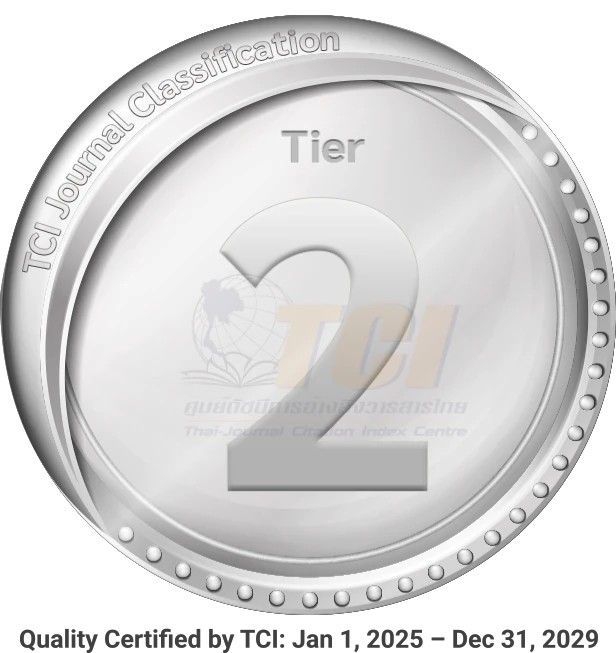Designing a Professional Development Program for English Teachers: Insights from the Lower Mekong Initiative
Abstract
There is an assumption that professional development will result in teacher learning of new knowledge and/or influence the new beliefs which will in turn change the ways they teach (Desimone, 2009). There is some consensus among various scholars in the field (e.g. Garet et al., 2001; Desimone, 2009; Van Veen et al., 2012; Darling-Hammond et al., 2017) that certain features in the design of professional development activities can effectively promote opportunities for teacher learning. To illustrate these principles more clearly, this article presents a case of professional development opportunity for teachers of English as a second or foreign language who were working on a multinational collaborative project in the Lower Mekong sub-region of South East Asia. Embedded within the activities that the teachers engaged, this project reflects seven characteristics of successful professional development program, namely (1) sustained duration, (2) content focus, (3) professional coherence, (4) active learning, (5) collective participation, (6) coaching and modeling, and (7) feedback and reflection.




